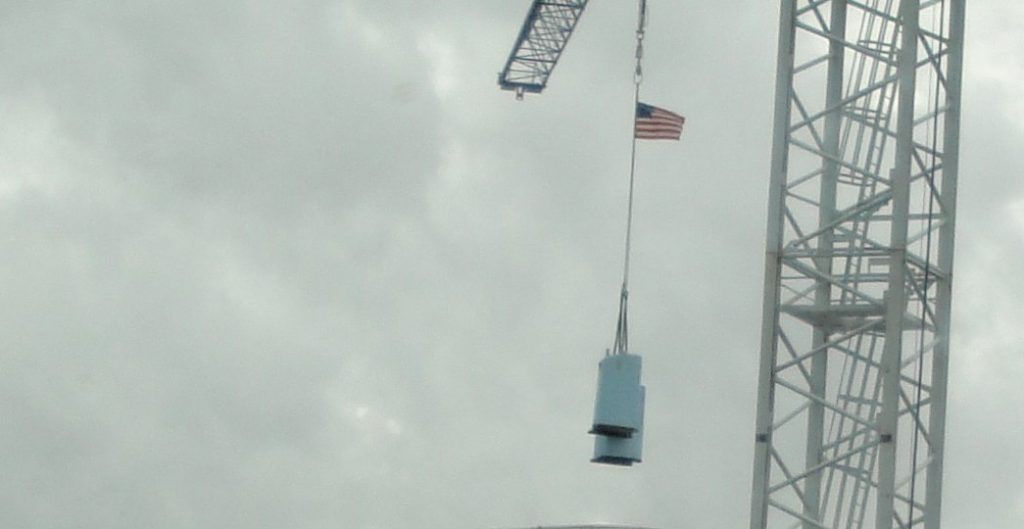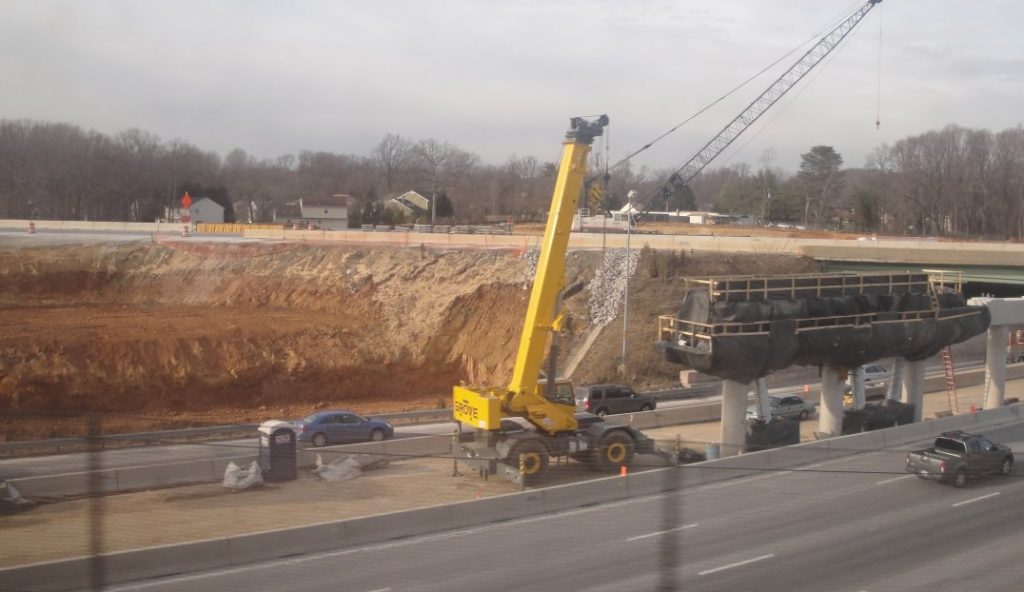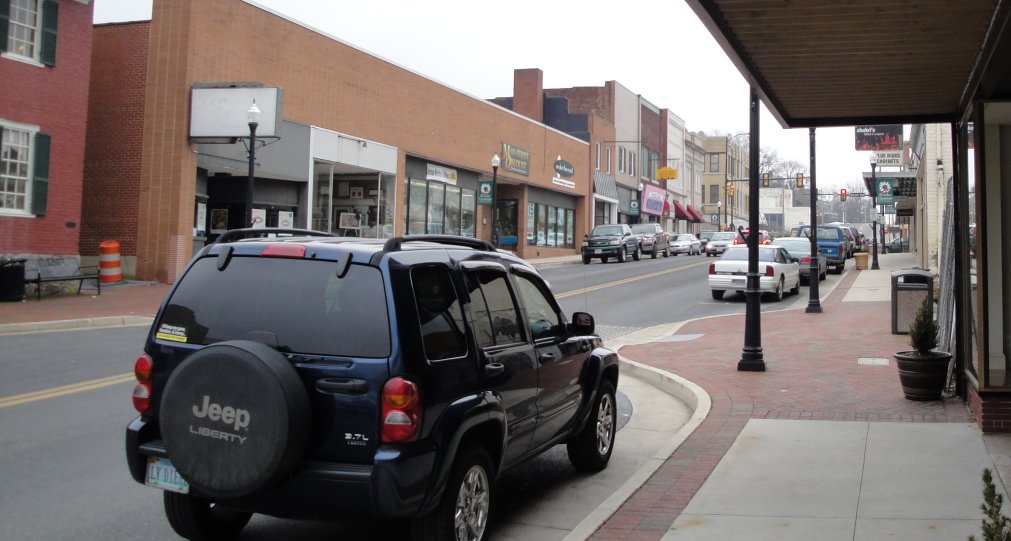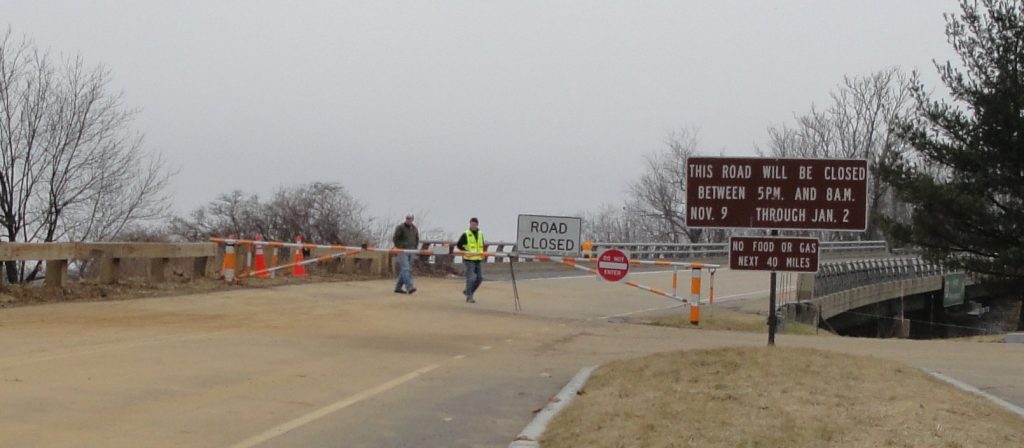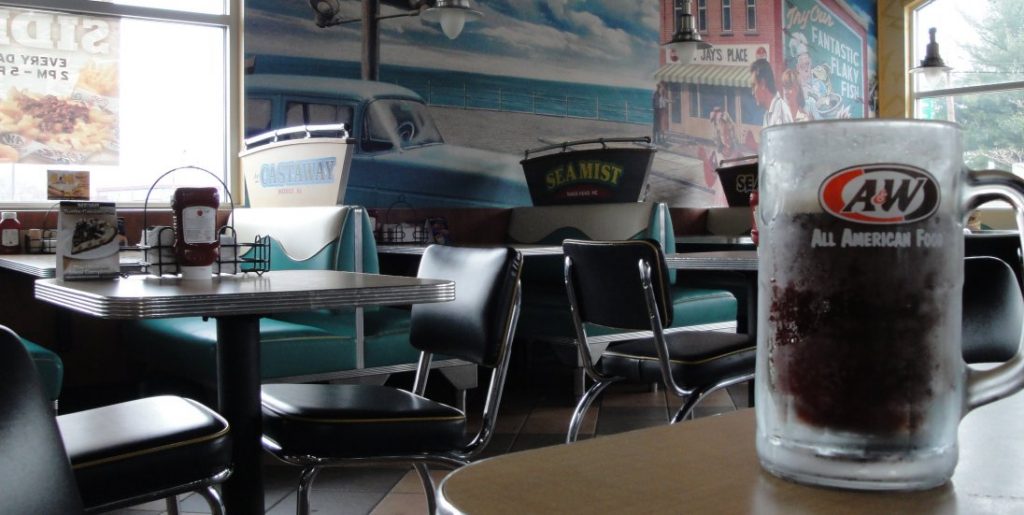It seems an esoteric subject, but it still makes a useful study today. I went to see a talk by Edward Luttwak on the “Grand Strategy of the Byzantine Empire.” Luttwak is an interesting guy who has done lots of things. He not only writes books about the Byzantines, but he also write regular commentary about current events and even is part owner in a cattle ranch in Brazil. BTW – for reference I also attended a lecture on Byzantine history at Smithsonian and wrote a post re.
Luttwak started with the sources, of which there are many but they are complicated. If you study of the pre-Byzantine Roman Byzantines, you have a lot of history and archeology to study. Byzantium is harder in some respects and easier in others. While there is a wealth of numismatic evidence, archeology is not as helpful. So much was concentrated in Constantinople (Istanbul) and that has not been well studied. One reason is that the Turks didn’t much care about the Christian-Greek-Roman civilization they displaced and more modern archeologists were more interested in the ancient Greeks, but probably the most important reason is that the city has been continuously occupied. It is just hard to dig in such a crowded place. But what you don’t have in archeology, you make up for in manuals and diplomatic reports.
The uses of intelligence and guile
The Byzantines were very sophisticated in their study of diplomacy and what we would today call intelligence or anthropology. They did research observations, made reports and wrote field manuals a lot like we do today. They needed them. For much of their history, the Byzantines were beset by enemies all around. They didn’t like to use their army too often because it was relatively small, and expensively trained and equipped. It was better to use leverage, so they studied everybody around them, found their strengths, weaknesses and vanities. The reports still exist. Often the Byzantine sources are the best historical documents for neighboring people. The early history of the Turks, Croats, Serbs, Bulgarians, Hungarians and others comes mostly from Byzantine observations.
Divide and conquer
The Byzantine method was to get enemies to fight each other. Flatter, cajole, threaten or bribe as appropriate. Their longest enduing and most dangerous rivals were Muslims, but then as now the Muslim world was not united. The Byzantines noted that no connection between supposed religious fervor and willingness to take bribes. When their spies told them that there was talk of jihad, they would send around gift baskets to local Muslim rulers, which often served to dampen enthusiasm for the holy war, at least temporarily. Their politically incorrect assessment was that these guys were either at their throats or at their feet. True or not, that assessment worked for them.
Byzantine diplomats studied everybody and reported back and they interviewed anybody who came to Constantinople. Often the emperor would meet important foreigners himself. The system worked reasonably well, evidenced by the fact that the empire endured for centuries in a very rough neighborhood.
The Byzantines believed in being benevolent when they could, but they recognized that this came only through strength, never weakness. Always be combat ready but avoid combat if possible. If you can bribe or trick your way out of a mess, why not?
It reminds me of the saying l learned, “Any problem you can buy your way out of is not a problem; it is an expense.” Maybe the original thought came from our Byzantine ancestors.
Soft power
Success of this kind of strategy required an openness not usually associated with the Byzantines. Luttwak pointed out that they allows a mosque in Constantinople (for foreigners and visitors). They also freely translated their texts into other languages. Unlike the Muslims who insisted that the Koran remain in Arabic, the Byzantines were liberal with their sacred texts. The Byzantine monks Cyril and Methodius created a written language for the Slavs and many Slavic languages are still written in the script named for Cyril.
Rise comes before the fall
Luttwak thinks that the weakening of the empire came as a result of too much temporary strength (pride goeth before a fall). Life was good in 1025. That was the year when the Emperor Basil II left the empire in possession of lands from what is now Iraq into Southern Italy. Borders were secure and the Empire prospered. There followed a golden generation, when the Byzantines got flabby. They permitted large landholders to take over tracts formerly occupied by people who supplied the border troops and didn’t pay enough attention to security. When the threat did come, they were not united enough or clever enough. After the Turks wiped out much of the professional core of the Byzantine army and captured the Emperor at Manzikert in 1071, Anatolia opened to the Turkish conquest and colonization. The Empire never really regained its footing. The real death blow came in 1204, when the 4th Crusade sacked Constantinople. The Byzantines regained the city, but after that the “empire” was more of a local Greek state than an empire. By the time the Turks finally conquered the city in 1453, there was not much left but the city itself.
The held on long enough to keep learning alive
The Byzantines were in every way heirs to the Roman and classical civilization. It was they who kept the works of the classical authors and they would almost certainly have been lost if the Empire had fallen to the first Muslim attacks. As it was, the final fall of the Empire and the scholars who fled the declining Empire helped spark the Renaissance in Italy and Western Europe. We sometimes forget that the light of classical civilization was not really extinguished in the East until 1453. By that time, the West was ready to take back its heritage.









